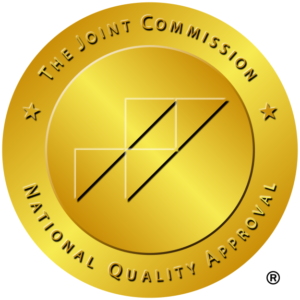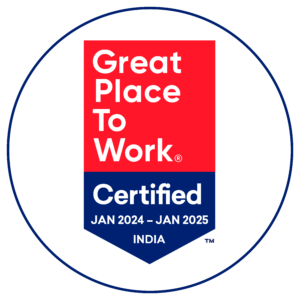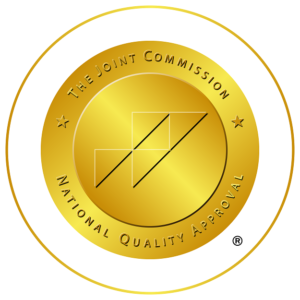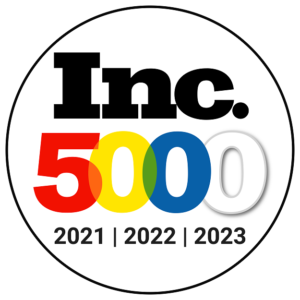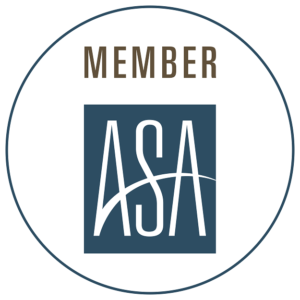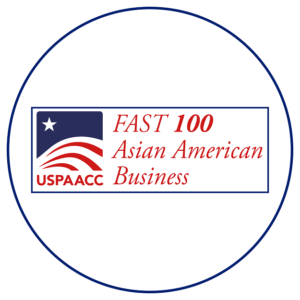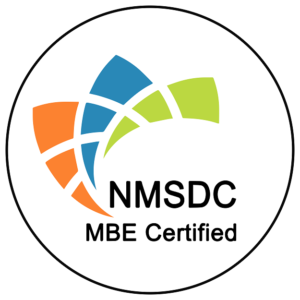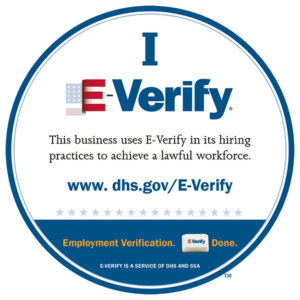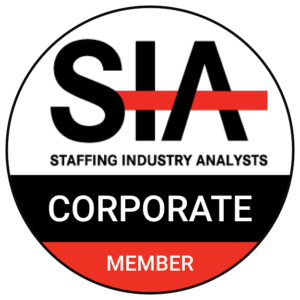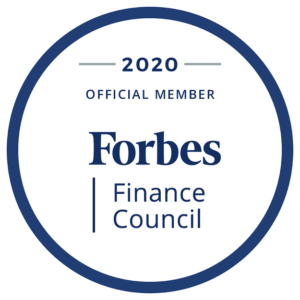Job Seekers Should Avoid Bad Advice
When you’re looking for work, everyone you know will advise you on the best method to go about it. Our job seekers have told us about various pieces of advice they’ve received from well-intentioned folks regarding networking, resumes, interviews, and other topics. Your friends, family, and coworkers are all attempting to assist you, but there are some suggestions that you should avoid.
Here’s some advice we wish our job applicants would ignore, as well as what we’ve discovered works instead.
1. Incorporate buzzwords, skills, and additional information into your resume
A recruiter will be drawn to your resume since it will give them a broad picture of your past, talents, and experience. However, this is only a small part of the procedure. You may feel detached from the process if you are constantly tweaking your resume. More than just staring at your resume and looking for flaws should be part of your job search. Other chores to which you should devote effort include strategizing, reading job advertisements, networking, keeping up with industry news, and monitoring LinkedIn.
2. Networking is ineffective and fake avoid it
For many people, networking is a challenging and uncomfortable task. It’s difficult to talk about oneself, especially when you’re attempting to sell your abilities and experience. Some could reject this as a hoax. This, on the other hand, could not be further from the truth. You’re promoting yourself as a company’s or a future colleague’s possible asset. Flexible icebreakers such, “I’d love to hear about your career experience; would you mind taking me through it?” can be used when you sit down at a networking gathering. can help to de-stress and start a chat
3. Stick to your training or education
This is one of the most harmful pieces of advice you may get from a friend. Just because you studied HVAC doesn’t mean you can’t apply for that customer service job. It’s just you and your career. What piqued your interest initially is not a roadmap for the remainder of your career. Your abilities and interests will change throughout time, and you should always feel free to take the path that is best for you at the time.
4. End your cover letter with a time frame for follow-up
It’s irritating when you don’t get any feedback on your applications. However, finishing a cover letter with “I’ll contact you next week” is not a good strategy to get out of this rut. It may give the impression that you are entitled and unconcerned about the hiring process, rather than demonstrating initiative and spark. Recruiters are experts who understand who is and isn’t a suitable fit for specific positions. It’s not the best method to get on their radar to harass them with unnecessary follow-ups.
Conclusion
An important element of any job seekers hunt is avoiding poor advice. When you trust yourself, you’ll be much more likely to choose a rewarding and enjoyable job path.

